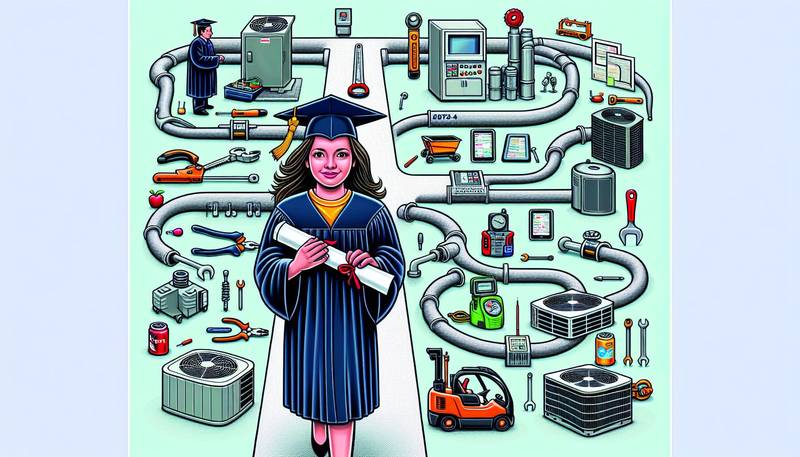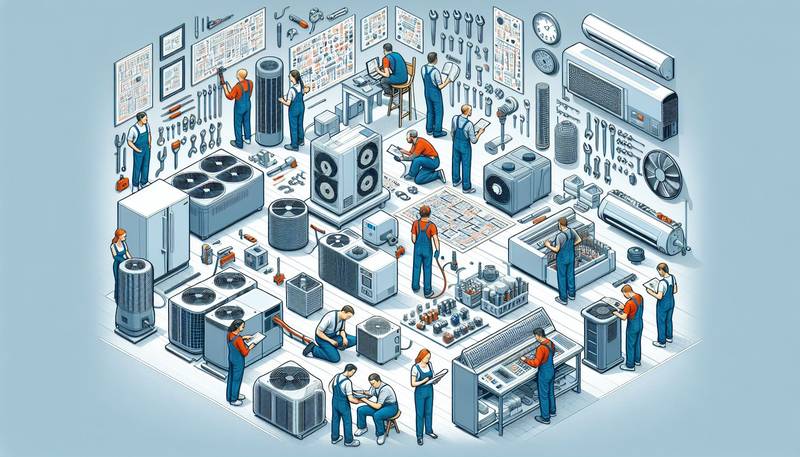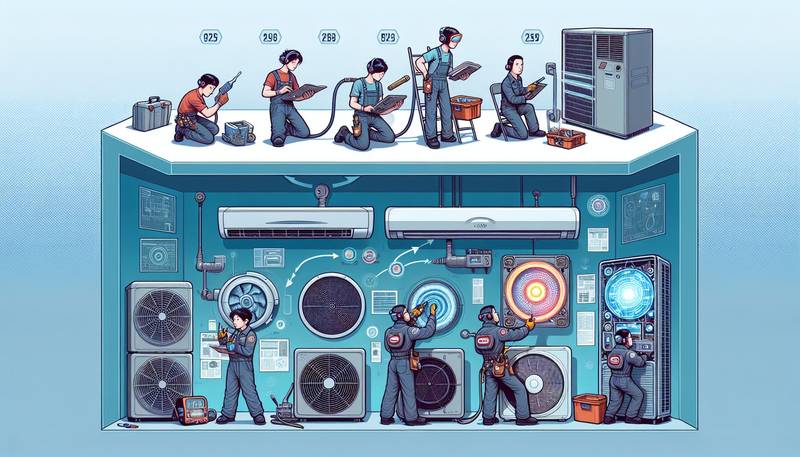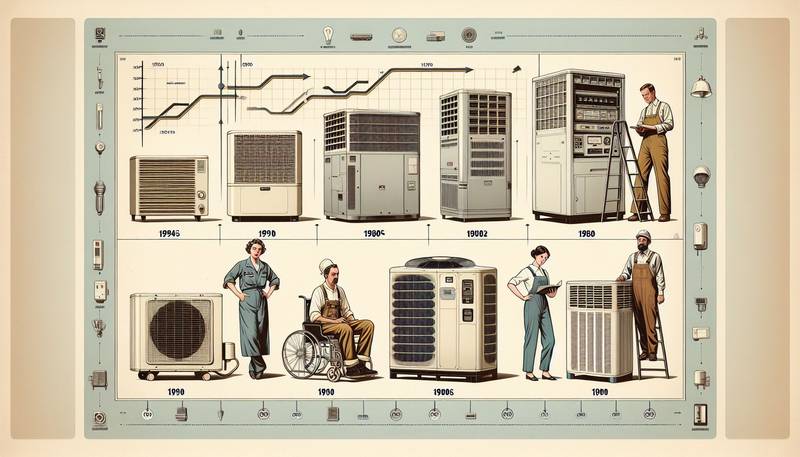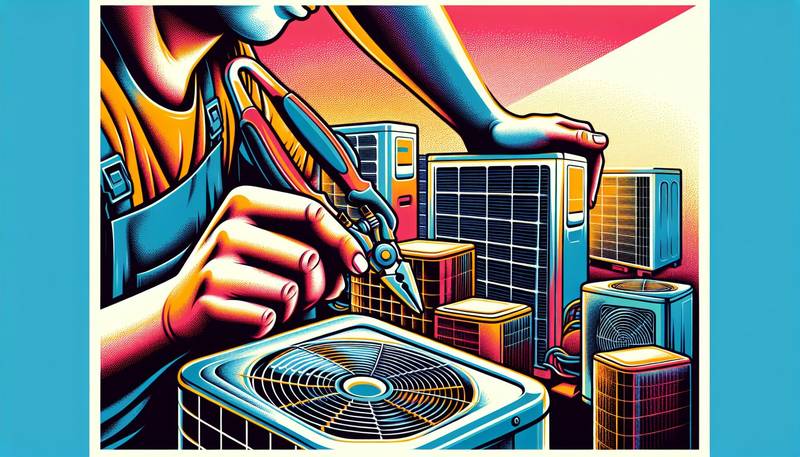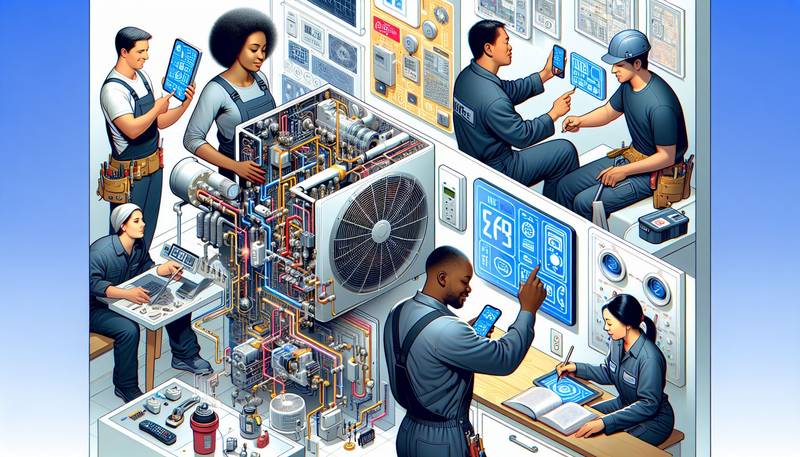Navigating the Cooling Career Path: A Guide to Thriving in Air Conditioning Jobs
In this guide, we will explore the various aspects of air conditioning jobs and provide valuable tips on how to excel in this field.
Education and Training
One of the first steps in pursuing a career in air conditioning is obtaining the proper education and training. Many technical schools and community colleges offer programs in heating, ventilation, and air conditioning (HVAC) that provide the necessary knowledge and skills to work in this industry. These programs typically cover topics such as electrical systems, refrigeration, and troubleshooting techniques.
In addition to formal education, gaining hands-on experience through an apprenticeship or on-the-job training can be invaluable in building a successful career in air conditioning. Working alongside experienced professionals allows individuals to learn the ins and outs of the industry and develop practical skills that are essential for success.
Certifications
In the field of air conditioning, having the right certifications can significantly boost job prospects and earning potential. Certifications such as the Environmental Protection Agency (EPA) Section 608 certification, which is required for handling refrigerants, are essential for HVAC technicians. Additionally, certifications from organizations such as the North American Technician Excellence (NATE) can demonstrate a technician's expertise and proficiency in the field.
Continuing education is also important for staying up-to-date on the latest technologies and advancements in air conditioning. Many organizations offer training programs and certifications that can help professionals enhance their skills and knowledge, ultimately making them more competitive in the job market.
Job Opportunities
Air conditioning professionals have a wide range of job opportunities available to them, from working in residential homes and commercial buildings to specializing in specific areas such as HVAC design or maintenance. HVAC technicians are in high demand, as nearly every building requires heating and cooling systems to function properly.
In addition to traditional HVAC roles, there are also opportunities in related fields such as energy efficiency consulting, indoor air quality testing, and renewable energy systems. By exploring these diverse career paths, individuals can find the niche that best suits their skills and interests within the air conditioning industry.
Tips for Success
To thrive in air conditioning jobs, there are several key tips that can help individuals excel in their careers. First and foremost, having a strong work ethic and attention to detail is essential for providing quality service to customers and ensuring the safe and efficient operation of HVAC systems.
Additionally, developing strong communication and problem-solving skills can make a technician more effective in diagnosing issues and finding solutions. Building a professional network and staying connected with industry associations can also provide valuable opportunities for career advancement and continued learning.
By following these tips and staying dedicated to their craft, individuals can navigate the cooling career path with confidence and build a successful and fulfilling career in the field of air conditioning. With the right education, certifications, and job opportunities, the possibilities are endless for those passionate about keeping things cool.
